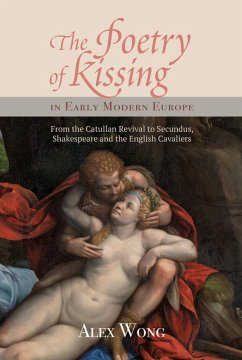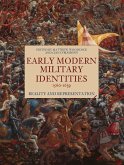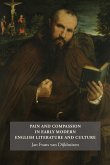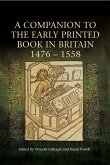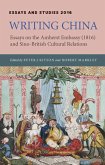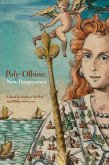The "kissing-poem" genre was wide-spread in Renaissance literature; this book surveys its form and development.
There is a great deal of kissing in Renaissance poetry, but modern critics do not generally recognise (as early readers did) that the literary conventions of the kiss were closely related to a fully-formed, lively and popular genre of Neo-Latin "kissing-poems". Beginning with the imitation of Catullus in fifteenth-century Italy, this specialised form was securely established in the next century by the Dutch poet Janus Secundus, whose elegant Basia ("Kisses") were an extraordinary international success. Secundus stimulated a long-lived tradition of Latin and vernacular "kisses", willfully repetitious and yet meticulously varied, which can tell us much about humanist poetics.
This book offers a critical account of the Renaissance kiss-poem, using an abundance of vivid and often racy examples, many of them drawn from authors who are all but forgotten today. It shows that the genre had a sophisticated rationale and clear but flexible conventions. These include habits of irony, mood and structure that proved widely influential, and some slippery, self-conscious ways of dealing with masculine sexuality. Presenting new readings of English writers including Sidney, Shakespeare and Donne, the study also reminds us how important Neo-Latin writing was to the literary culture of early modern Britain. A number of well known texts are thus placed in a context unfamiliar to most modern scholars, in order to show how deftly their kisses engage with an international tradition of humanist poetry.
Alex Wong is currently a Research Fellow in English literature at St John's College, University of Cambridge.
There is a great deal of kissing in Renaissance poetry, but modern critics do not generally recognise (as early readers did) that the literary conventions of the kiss were closely related to a fully-formed, lively and popular genre of Neo-Latin "kissing-poems". Beginning with the imitation of Catullus in fifteenth-century Italy, this specialised form was securely established in the next century by the Dutch poet Janus Secundus, whose elegant Basia ("Kisses") were an extraordinary international success. Secundus stimulated a long-lived tradition of Latin and vernacular "kisses", willfully repetitious and yet meticulously varied, which can tell us much about humanist poetics.
This book offers a critical account of the Renaissance kiss-poem, using an abundance of vivid and often racy examples, many of them drawn from authors who are all but forgotten today. It shows that the genre had a sophisticated rationale and clear but flexible conventions. These include habits of irony, mood and structure that proved widely influential, and some slippery, self-conscious ways of dealing with masculine sexuality. Presenting new readings of English writers including Sidney, Shakespeare and Donne, the study also reminds us how important Neo-Latin writing was to the literary culture of early modern Britain. A number of well known texts are thus placed in a context unfamiliar to most modern scholars, in order to show how deftly their kisses engage with an international tradition of humanist poetry.
Alex Wong is currently a Research Fellow in English literature at St John's College, University of Cambridge.
Dieser Download kann aus rechtlichen Gründen nur mit Rechnungsadresse in A, D ausgeliefert werden.

